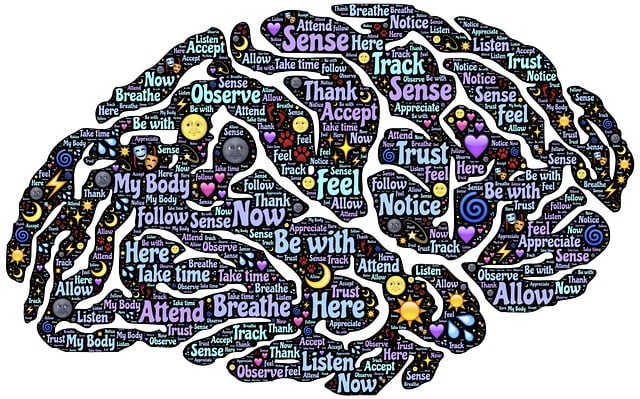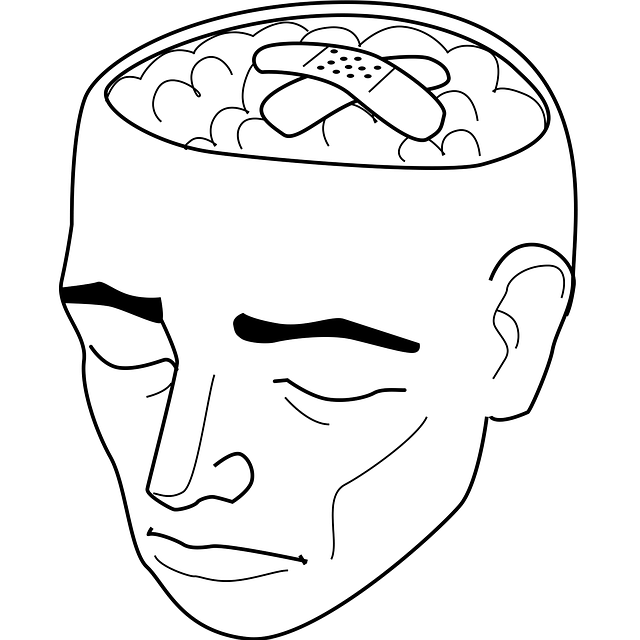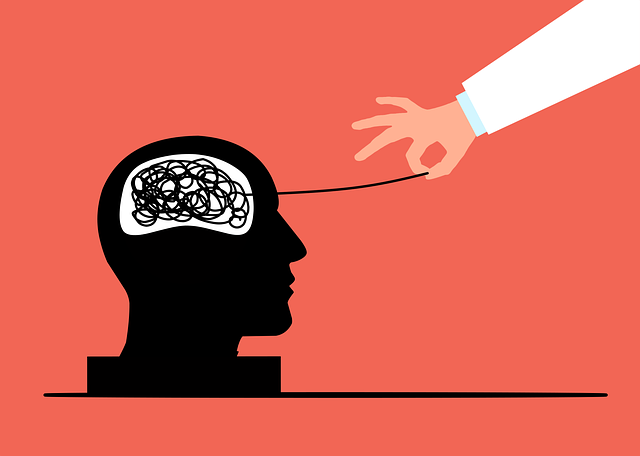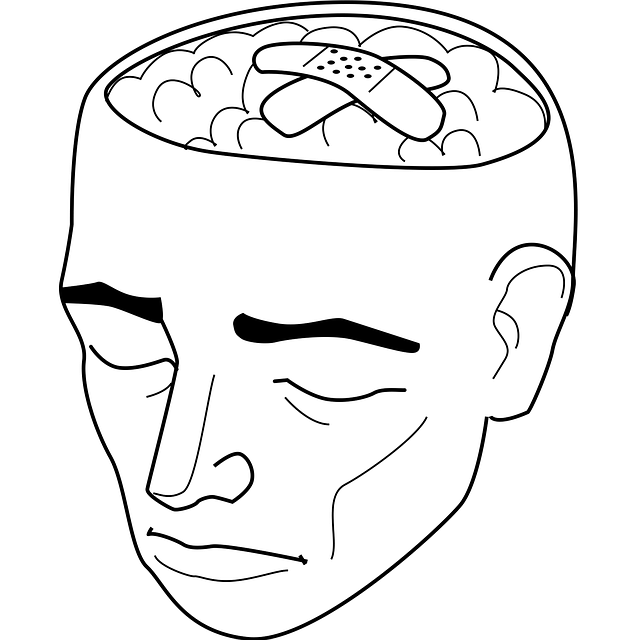Anxiety, a common yet disruptive emotion, can be managed effectively in Denver through accessible mental health evaluations and specialized therapy services. Skilled healthcare providers offer advanced techniques like CBT and ACT, addressing physical and emotional symptoms to improve mood regulation. Denver's holistic approach, combining therapeutic methods with community support, empowers individuals to lead healthier lives, challenging negative thought patterns and fostering resilience against anxiety.
Anxiety can be a pervasive force, affecting millions worldwide. Understanding its subtle signs and symptoms is the first step towards managing it effectively. This comprehensive guide explores anxiety from every angle, delving into Denver mental health evaluations that unlock personalized pathways to relief. We also uncover diverse therapy approaches designed to tackle anxiety head-on. By combining practical insights with evidence-based techniques, this article equips you to take control of your mental well-being, leveraging Denver’s premier mental health resources and therapeutic modalities.
- Understanding Anxiety: Recognizing the Signs and Symptoms
- Denver Mental Health Evaluations: Unlocking Pathways to Relief
- Therapy Approaches for Effective Anxiety Management
Understanding Anxiety: Recognizing the Signs and Symptoms

Anxiety is a normal human emotion that everyone experiences from time to time. However, when it becomes overwhelming and persistent, it can significantly impact daily life. Recognizing the signs and symptoms is the first step towards managing anxiety effectively. Common physical indicators include increased heart rate, rapid breathing, muscle tension, headaches, sleep disturbances, and digestive issues. Emotionally, individuals may feel a sense of dread, worry, or fear, often accompanied by restlessness and difficulty concentrating. These symptoms can vary in intensity and duration, but they are key indicators that something more profound is at play, potentially signaling an underlying mental health concern.
In Denver, access to mental health evaluations and therapy services is readily available, offering much-needed support for those struggling with anxiety. A healthcare provider skilled in trauma support services and cultural competency training can help individuals understand their anxiety, develop coping mechanisms, and improve overall mood management. By recognizing the unique presentation of anxiety and seeking appropriate care, individuals can take proactive steps towards a healthier, more balanced life.
Denver Mental Health Evaluations: Unlocking Pathways to Relief

In the pursuit of managing anxiety effectively, Denver Mental Health Evaluations stand out as a crucial step towards unlocking pathways to relief. These comprehensive assessments, offered by specialized professionals, go beyond mere diagnosis by providing tailored strategies and insights into an individual’s unique mental health landscape. By integrating advanced therapeutic techniques such as positive thinking and mindfulness meditation, the evaluations empower individuals with tools to combat anxiety in their daily lives.
Beyond the evaluation process, Denver’s robust mental health policy analysis and advocacy play a pivotal role in fostering accessible and effective therapy services. This collective effort ensures that individuals seeking relief have not only access to quality care but also a supportive environment conducive to long-term mental well-being. Through these multifaceted approaches, Denver sets a standard for holistic anxiety management, embracing both personal growth and community support.
Therapy Approaches for Effective Anxiety Management

In the pursuit of effective anxiety management, therapy approaches play a pivotal role in Denver mental health evaluations. Cognitive-Behavioral Therapy (CBT), for instance, is renowned for its ability to challenge and alter negative thought patterns that contribute to anxiety. This evidence-based approach empowers individuals by equipping them with practical tools to manage symptoms and improve overall well-being. Through CBT, patients learn coping strategies such as mindfulness exercises, relaxation techniques, and problem-solving skills, which can significantly reduce anxiety levels in both personal and professional settings.
Complementing CBT, other therapy modalities like Acceptance and Commitment Therapy (ACT) have gained prominence. ACT encourages individuals to accept their emotions while cultivating a commitment to values-driven actions. This approach is particularly beneficial for addressing the underlying causes of anxiety, fostering resilience, and promoting a more balanced and fulfilling life. Given the increasing prevalence of burnout among healthcare providers—a critical aspect often overlooked in Burnout Prevention Strategies for Healthcare Providers—these therapeutic interventions become even more vital. Effective anxiety management not only enhances individual mental health but also contributes to a robust Mental Health Policy Analysis and Advocacy framework, ultimately shaping supportive communities and environments.
Anxiety management is a journey that can lead to improved well-being and a more fulfilling life. By understanding anxiety, recognizing its signs, and exploring effective therapy approaches, individuals in Denver can unlock pathways to relief. Integrating Denver Mental Health Evaluations as a starting point, this article has highlighted the importance of professional guidance and personalized strategies for managing anxiety effectively. Whether through cognitive-behavioral therapy or other evidence-based methods, there is support available to navigate and overcome anxious feelings, allowing you to embrace a calmer, more balanced future.










